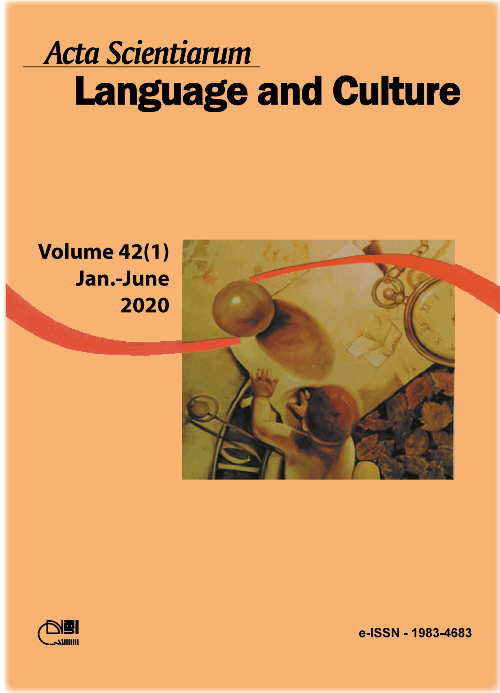Murakami on the Shore: beyond the dialogue between Japan and the West
Resumen
The novel Kafka on the Shore is one of the most enigmatic works of contemporary writer Haruki Murakami. Since its very release, critics and scholars have been sharing their impressions and interpretations on various aspects of the book, one of them being the abundant references to Western elements (myths, songs, writers, icons and so forth). The present paper is the final draft of the postdoctoral research ‘Murakami on the shore: the dialogue with the West in the construction of the novel’, developed from July 2015 to June 2016. It aims at rethinking (as well as questioning) the way the study of the relation between Japan and the West can be addressed in the novel. The research, conducted as a bibliographical investigation, used key concepts like cultural identity (Hall, 2006) and border-blurring (Auestad, 2008). It defies the tendency of studying cosmopolitan authors like Haruki Murakami from the perspective of East-West duality, and defends that such analysis ought to consider East and West as complementary, almost inextricable, not regarding them as opposite or impermeable, and never as a limitation to the author himself.
Descargas
DECLARAÇÃO DE ORIGINALIDADE E DIREITOS AUTORAIS
Declaro que o presente artigo é original, não tendo sido submetido à publicação em qualquer outro periódico nacional ou internacional, quer seja em parte ou em sua totalidade.
Os direitos autorais pertencem exclusivamente aos autores. Os direitos de licenciamento utilizados pelo periódico é a licença Creative Commons Attribution 4.0 (CC BY 4.0): são permitidos o acompartilhamento (cópia e distribuição do material em qualqer meio ou formato) e adaptação (remix, transformação e criação de material a partir do conteúdo assim licenciado para quaisquer fins, inclusive comerciais.
Recomenda-se a leitura desse link para maiores informações sobre o tema: fornecimento de créditos e referências de forma correta, entre outros detalhes cruciais para uso adequado do material licenciado.




















6.png)









